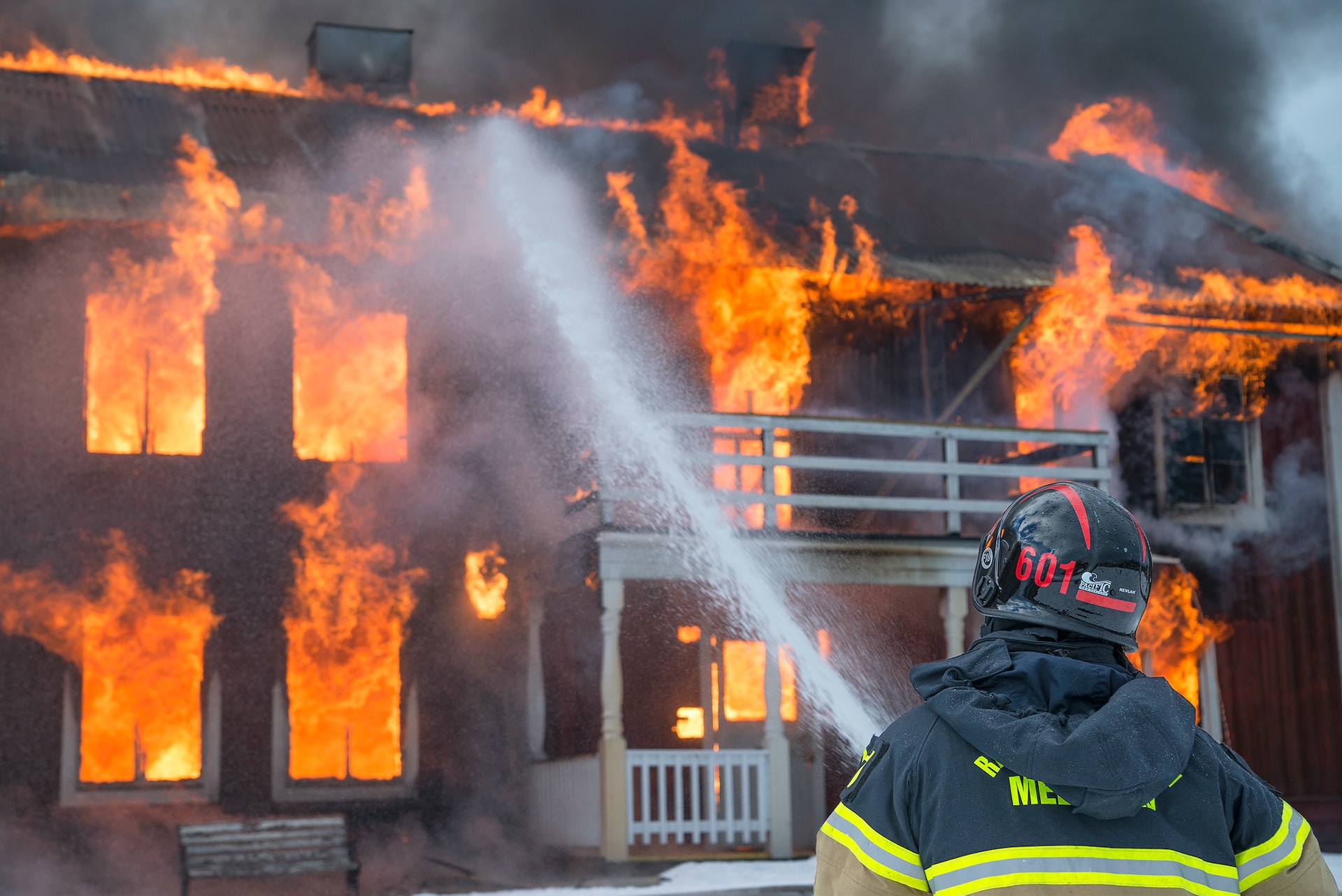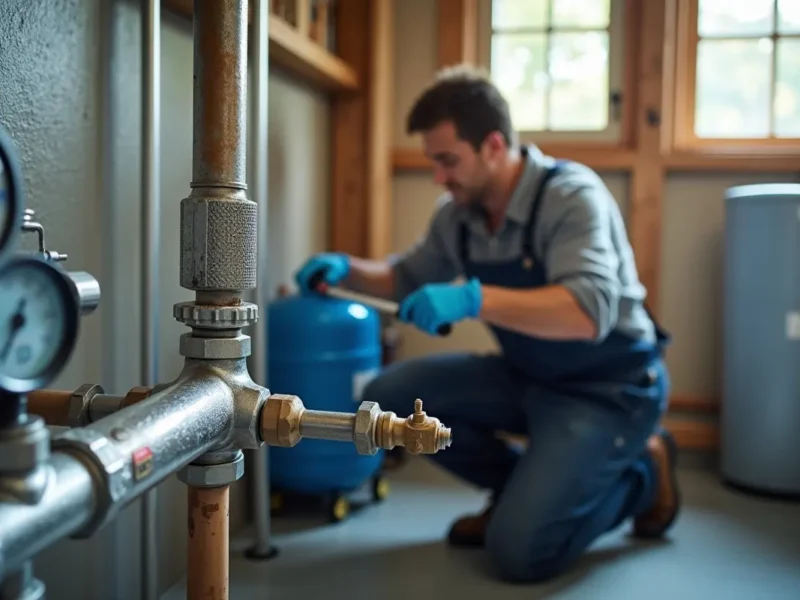Stop, drop, and roll. These are the fire-safety steps that are drilled into us from a young age, but is this basic piece enough to keep us safe? Data would certainly prove otherwise. Each year there are over 350,000 house fires in the United States, resulting in more than 3,000 deaths. These fires have many possible causes—some of which you might not have considered. Here are some of the main causes of house fires so you can better protect yourself.
Contents
Electrical Fires
Electrical issues can be difficult to spot, but are incredibly dangerous and cause hundreds of fires each year. Older homes are at a higher risk because they were not built to handle the electrical demands of our modern society, and can therefore become easily overloaded. This overuse of electricity can trip circuits and start fires.
Prevention
There are plenty of steps you can take to prevent electrical fires. It’s recommended that you get the electrical system in your home inspected every few years. If you’re renting, then your landlord should have done this before you moved in. If they failed to do so and a fire occurs as a result, you are encouraged to seek the help of Chicago burn injury lawyers since your landlord could be held liable for your injuries and any other losses. You also should stay in touch with your landlord and let them know if you notice any signs of faulty wiring, like flickering lights or blown fuses. If repairs need to be made to your home’s electrical system, be sure to hire a skilled professional. Additionally, make sure you are not overloading outlets and utilize surge protectors.
Heating Systems
Heating systems are another danger lingering in your home that has the dangerous potential to go unnoticed. These types of fires cause half of all house fires each year. If furnaces and chimneys are not cleaned and maintained properly, the materials inside put them at a higher risk for fires. Portable heating systems are not any safer. Older models have the potential to overheat and set fire to their surroundings.
Prevention
To prevent fires caused by heating systems in your home, it’s recommended that you have your furnace or chimney professionally inspected and cleaned each year. You should also clean any ashes out of your furnace or chimney before building new fires. Wait for the ashes to cool completely, and then brush them into a metal bucket to be disposed of.
When building a fire, do not use any type of liquid accelerants, and keep a screen over your fireplace to prevent sparks from jumping out and causing it to spread. For portable heaters, make sure that they are not in use too close to flammable objects. You should also consider replacing old portable heaters with newer models. New models have sensors that shut the machines off if they tip or overheat to help prevent fires.
Cooking Fires
The kitchen is the heart of the home, and it’s also one of the biggest dangers. Cooking fires are the most common cause of household fires in the United States. These can occur when food is left unattended to simmer on the cooktop or bake in the oven and then either burns or splashes out onto the stove. They can also occur when flammable objects come into contact with the burner, causing flames to quickly spread into the rest of your kitchen.
Prevention
To prevent a cooking fire from breaking out in your home, you must keep a close eye on any dishes that you’re cooking. Do not leave the kitchen without turning off the oven or the stove. You might think that stepping away for a few seconds would be fine, but that’s all it takes for a disaster to strike. Be careful not to let your dishes burn, and if a grease fire breaks out, you should quickly smother it with a lid. You should also keep a fire extinguisher under the kitchen sink for bigger fires. Additionally, ensure that your cooktop is clear of flammable objects like fish rags, oven mitts, or kitchen utensils.
Candles
Candles are something that can be found in nearly every household. They can be used to add comfort and stylistic flare to any space, but they can also be incredibly dangerous. Candles account for approximately 2% of house fires each year. Like with cooking, the risk of a fire increases when candles are left unattended. More than half of these fires start when a candle comes into contact with flammable materials. It’s also important to know that candle fires are more common in December since so many people incorporate them into their holiday decor.
Prevention
You can prevent candle fires by extinguishing any lit candles before you leave the house or go to bed. You should also keep the wicks trimmed to an appropriate length and place them in spots where they are out of reach of children and pets and will not come into contact with flammable materials.



